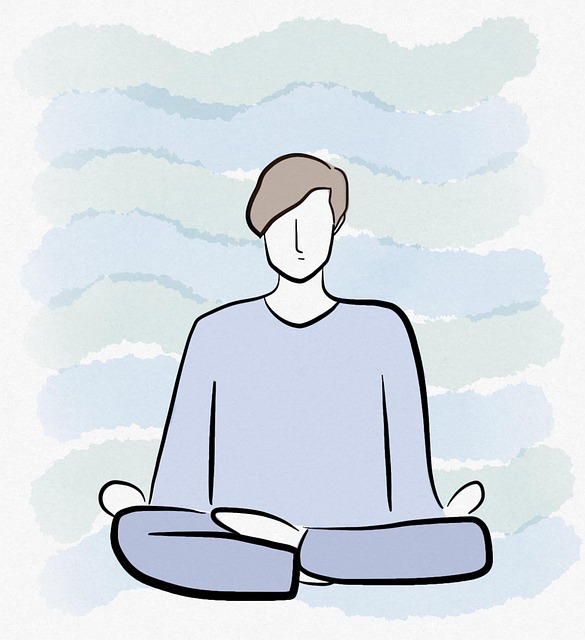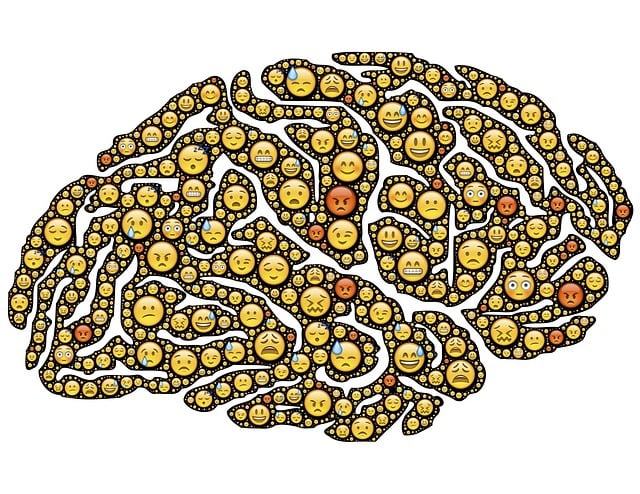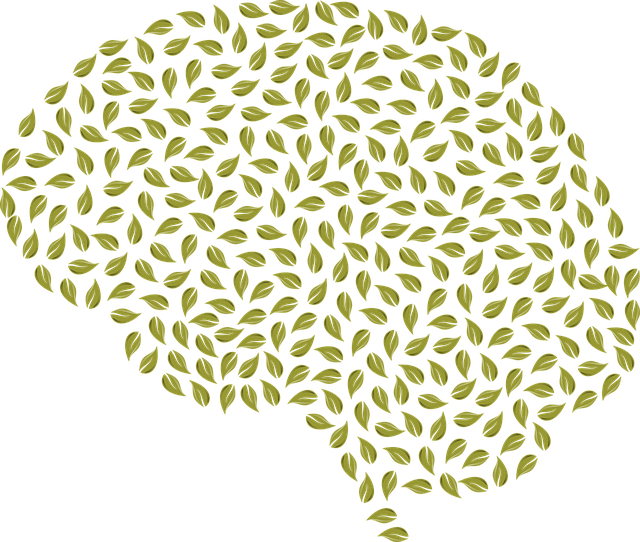Understanding mental health needs is key to developing effective self-care routines. Recognize signs like sadness, worry or insomnia, which might indicate conditions like depression requiring professional help, including therapy for adults such as Cognitive Processing Therapy (CPT). CPT targets negative thought patterns and replaces them with adaptive coping strategies, improving mental wellness through the mind-body connection. A holistic approach to self-care, balancing physical, mental and emotional aspects, includes practices like mindfulness meditation and journaling. Cultural sensitivity ensures inclusive self-care routines, promoting overall mental wellness. Integrating mindfulness exercises and CPT strengthens mental resilience for stress reduction and improved quality of life.
“Unwind and embrace the transformative power of self-care in our fast-paced world. This comprehensive guide delves into the intricate process of cultivating mental wellness, focusing on developing a personalized routine. We explore essential aspects such as understanding your unique mental health needs, recognizing signs, and employing effective therapy techniques like Cognitive Processing Therapy.
Through this journey, you’ll discover the building blocks for a holistic self-care routine, encompassing physical, mental, and emotional wellbeing. Learn how to integrate practices that foster resilience, achieve balance, and embrace life’s challenges with renewed perspective.”
- Understanding Your Mental Health Needs: Recognizing Signs and Symptoms
- Cognitive Processing Therapy: A Powerful Tool for Healing and Growth
- Building Blocks of a Self-Care Routine: Physical, Mental, and Emotional Wellbeing
- Integrating Self-Care Practices: Cultivating Resilience and Balance through Daily Rituals
Understanding Your Mental Health Needs: Recognizing Signs and Symptoms

Understanding your mental health needs is a crucial first step in developing an effective self-care routine. Recognizing signs and symptoms of common mental health issues like depression, anxiety, or trauma is essential. These conditions often manifest through various behaviors, emotions, and thoughts that can be early indicators of deeper problems. For instance, persistent feelings of sadness, excessive worry, insomnia, or sudden changes in appetite could suggest depression prevention requires professional intervention, such as therapy for adults.
Cognitive processing therapy (CPT) is an evidence-based approach that helps individuals identify and change negative thought patterns contributing to emotional regulation difficulties. Trauma support services play a vital role in addressing underlying trauma, which can significantly impact mental wellness. By acknowledging these signs and exploring appropriate therapy options, you can take proactive steps towards managing your mental health effectively.
Cognitive Processing Therapy: A Powerful Tool for Healing and Growth

Cognitive Processing Therapy (CPT) is a highly effective approach for adults seeking to heal and grow from traumatic experiences or chronic stress. This therapy focuses on the connection between thoughts, feelings, and behaviors, helping individuals identify and challenge negative thought patterns that can contribute to mental wellness issues. By exploring and modifying these cognitive processes, CPT empowers people to develop healthier coping skills and enhance their overall mental wellness.
In this therapeutic process, clients learn to recognize unhelpful thinking habits and replace them with more adaptive ones. Mindfulness meditation often plays a crucial role in CPT, enabling individuals to observe their thoughts without judgment. Through regular practice, mindfulness meditation cultivates awareness, promoting better emotional regulation and enhanced coping abilities. This, in turn, facilitates personal growth and allows for profound transformations in one’s mental wellness journey.
Building Blocks of a Self-Care Routine: Physical, Mental, and Emotional Wellbeing

A robust self-care routine is multifaceted, encompassing physical, mental, and emotional dimensions for holistic mental wellness. Physical wellbeing involves regular exercise, balanced nutrition, and sufficient sleep—the foundation upon which our mental and emotional resilience is built.
Mental and emotional components include practices such as mindfulness meditation, journaling, or engaging in hobbies that foster a sense of joy and purpose. Therapy for Adults, including Cognitive Processing Therapy, plays a crucial role in addressing underlying issues and developing coping strategies tailored to individual needs. An effective self-care routine integrates these elements, promoting resilience against stress, anxiety (Anxiety Relief), and fostering overall mental wellness. Cultural sensitivity in mental healthcare practice ensures that routines are inclusive and respectful of diverse backgrounds, enhancing their effectiveness.
Integrating Self-Care Practices: Cultivating Resilience and Balance through Daily Rituals

Integrating self-care practices is a powerful way to cultivate resilience and balance in our mental wellness journey. Daily rituals that nurture both mind and body can significantly enhance our ability to navigate life’s challenges. Through consistent engagement with self-awareness exercises, such as meditation or journaling, individuals can develop a deeper understanding of their thoughts and emotions, fostering better mental wellness.
Cognitive processing therapy, a form of therapy for adults, emphasizes the role of mindset in shaping our experiences. Adopting mind over matter principles encourages individuals to challenge negative thought patterns and reframe them with more positive and balanced perspectives. By creating a structured self-care routine that incorporates these practices, we can promote mental resilience, reduce stress, and improve overall quality of life.
Developing a robust mental wellness self-care routine is a transformative journey. By recognizing your unique mental health needs, understanding the signs and symptoms, and integrating practices like Cognitive Processing Therapy, you can foster resilience and achieve balance. This holistic approach, which includes physical, mental, and emotional wellbeing, empowers adults to navigate life’s challenges with greater ease and enhance their overall quality of life. Remember, small consistent actions lead to significant changes over time, enabling you to thrive rather than just survive.








